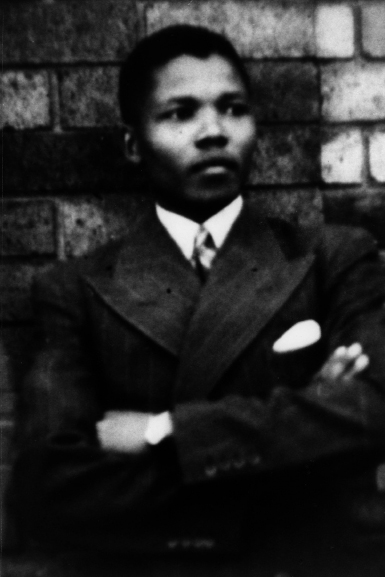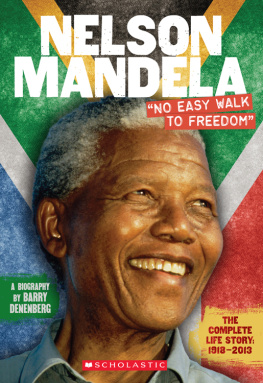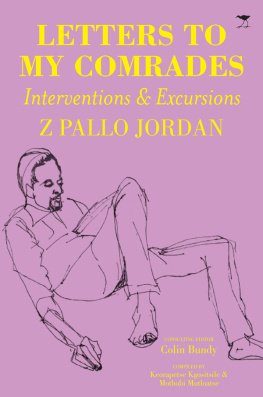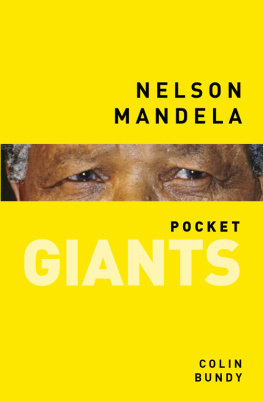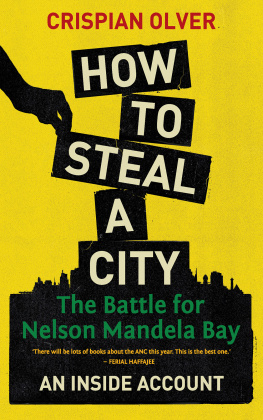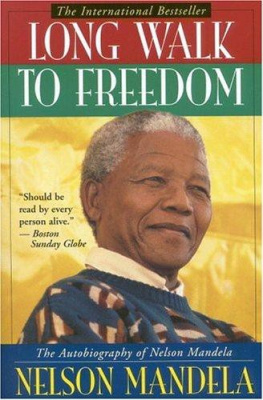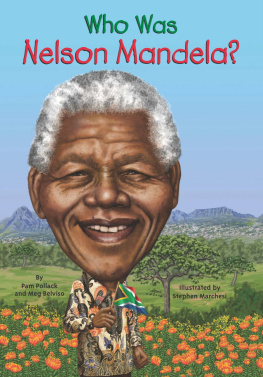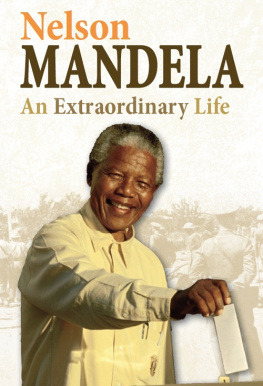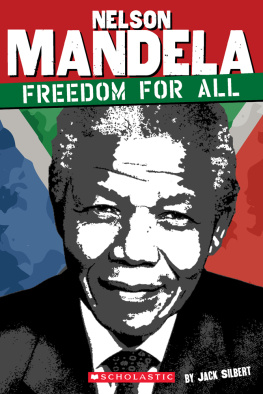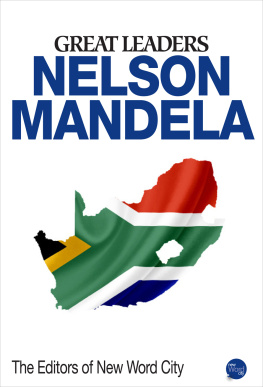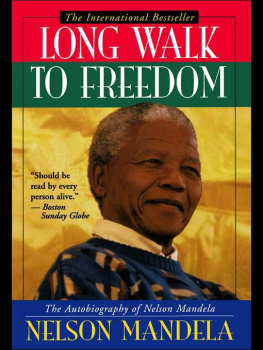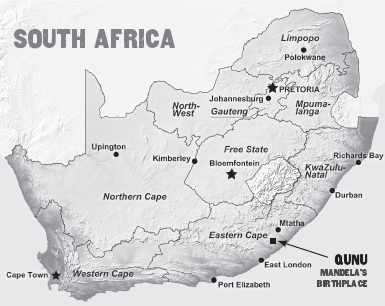S outh Africa is about three times the size of California. It is situated at the southern tip of the African continent, surrounded on three sides by ocean. Lying south of the equator it has, in general, a warm, sunny climate. The landscape is as beautiful as it is varied, including some of the best beaches in the world. It is divided into four provinces: the Cape Province, the Transvaal, the Orange Free State, and Natal.
It is blessed with natural wealth, making it the richest country in Africa. More gold is produced by South Africa than by any other country in the world. Diamonds are another important source of South Africas economic strength. Almost every important mineral is found there.
Although it represents only four percent of the continents land and six percent of its population, it is the most highly developed country in Africa.
The first heart transplant operation was performed in South Africa. Its medical facilities are the best in the world.
But South Africa is not known for any of these things. Primarily it has been known for its history of government policies toward the black African majority. Black South Africans had been enslaved, exploited, oppressed, tortured, and killed by the white South African government for over a hundred years.
Until April 1994, South Africas white citizens, numbering five million, ruled the country, even though they represented only fourteen percent of the population.
South Africa has become known as the home of the worlds most famous former political prisoner. A prisoner who emerged to become an internationally respected statesman. This is his story and the story of his country.

R olihlahla is Nelson Mandelas tribal name. He was born on July 18, 1918. In Xhosa, the language that his parents spoke, Rolihlahla means one who brings trouble on himself.
Nelson grew up in a valley surrounded by grass-covered hills. His village, Qunu, was located in the Transkei territory of South Africa. The youngest and only boy of four children, he and his father cared for the cattle and sheep, and Nelson helped when it was time to plow the fields. When his chores were done, he played soccer and learned to hunt and to fight with sticks.
As much as anything he enjoyed listening silently to his elders talk of African history. At meetings, after the chiefs and other important persons from the surrounding areas had completed their business, they would sit and tell stories stories of long ago, before the whites came to Africa. They also told stories of wars between the white man and the black man and how the white men stole the blacks cattle and drove the blacks from their own land.
His father was the chief counselor to the Paramount Chief of their tribe the Thembu. The Paramount Chief himself was related to him, and his great-grandfather had been a king.
When he was twelve, his father died. Before he died, he saw to it that his son was placed in the care of an uncle, who was also a tribal chief. His parents had already seen how eager he was to learn, and his uncle was asked to provide him with a good education.
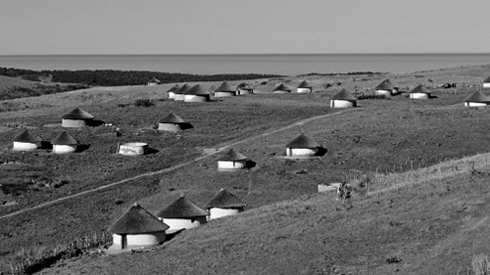
The village of Qunu in the Transkei territory, where Mandela was born; Mandelas own home is no longer standing.
Understandably, when he first arrived at his new village, he kept to himself. But soon he grew more comfortable. His uncles wife loved him as much as she loved her own child, whose name was Justice. He and Justice became like brothers. They hunted birds, using slings, and roamed and romped in the fields. Best of all, they enjoyed racing on horseback.
As before, he worked hard, herding the cattle, milking the cows, and he was always ready to lend a hand. He was well behaved and diligent in his studies.
The church schools he attended were run by missionaries. Christian missionaries had been coming to Africa for over fifteen hundred years. Their mission was to convert Africans to Christianity. Some missionaries tried to convince the Africans to accept foreign rule. But many worked to provide them with a Western education. Sometimes schools run by the missionaries were the only ones available, and in many cases included children of all races.
Like his mother, Rolihlahla became a good Christian. He studied English, the Xhosa language, history, and geography. His teachers were very good, and he received the education his father had hoped he would.
When he was twenty, he enrolled at Fort Hare College, one of the few universities in South Africa that allowed full-time black students. It was located in the quiet town of Alice, in the Cape Province.
He was interested in politics and current affairs and thought he might become a lawyer. By studying law he might be able to help his people obtain the rights denied them by the white rulers.
He studied hard at Fort Hare, although he still had time to learn the fox-trot and the waltz. It wasnt long, however, before he became involved in politics. He joined the Students Representative Council, which was organizing a protest against the living conditions at the university. When the students decided to strike, he joined them and was expelled.
